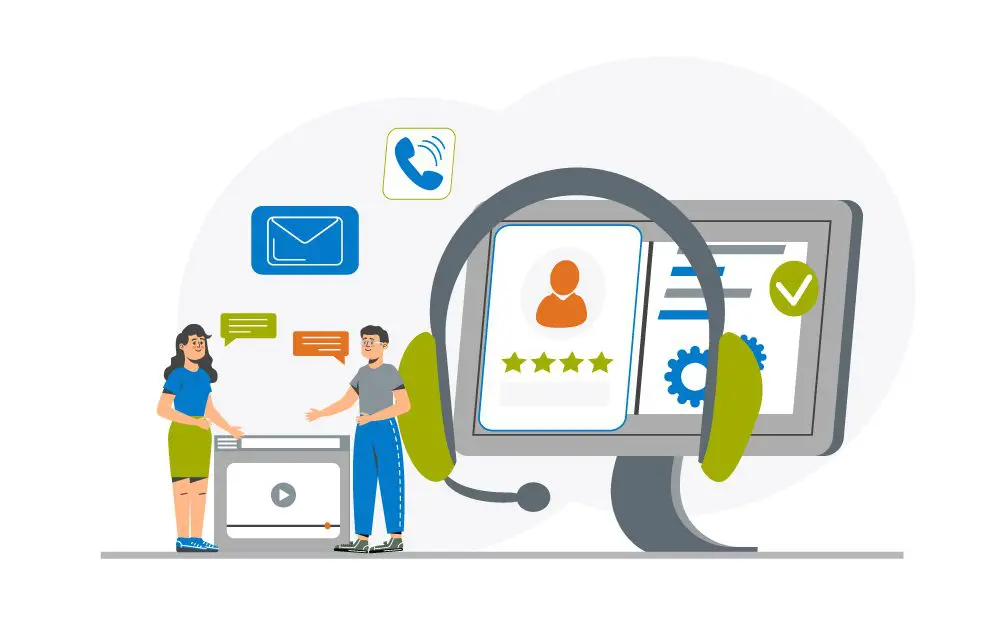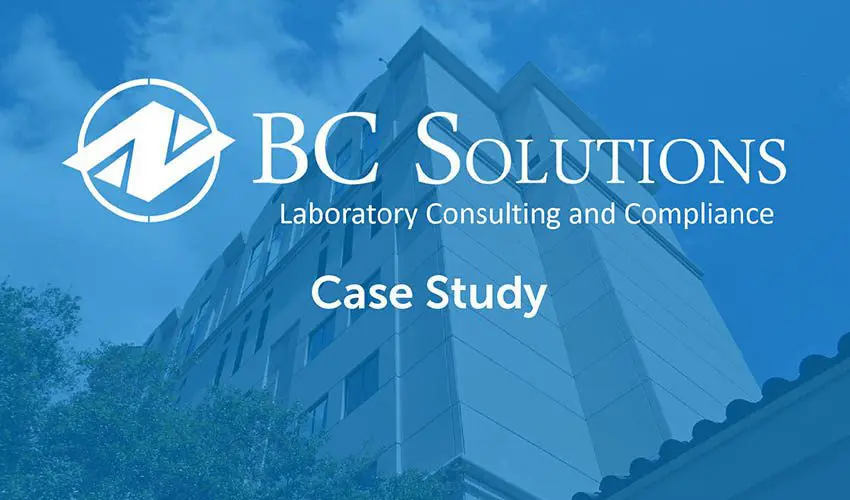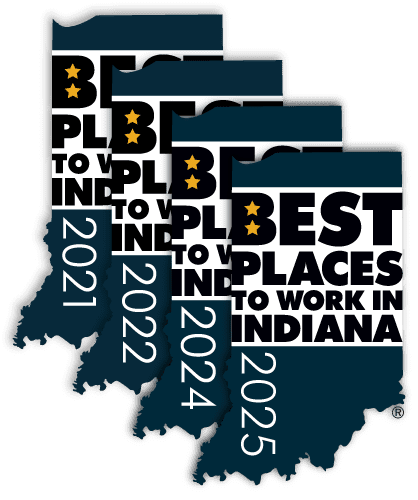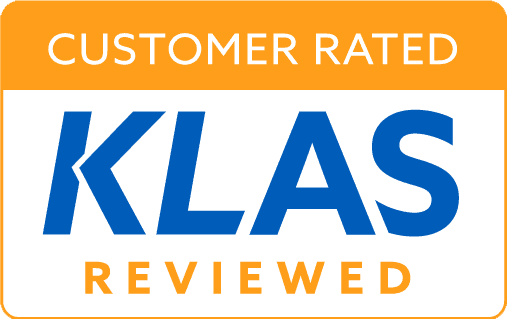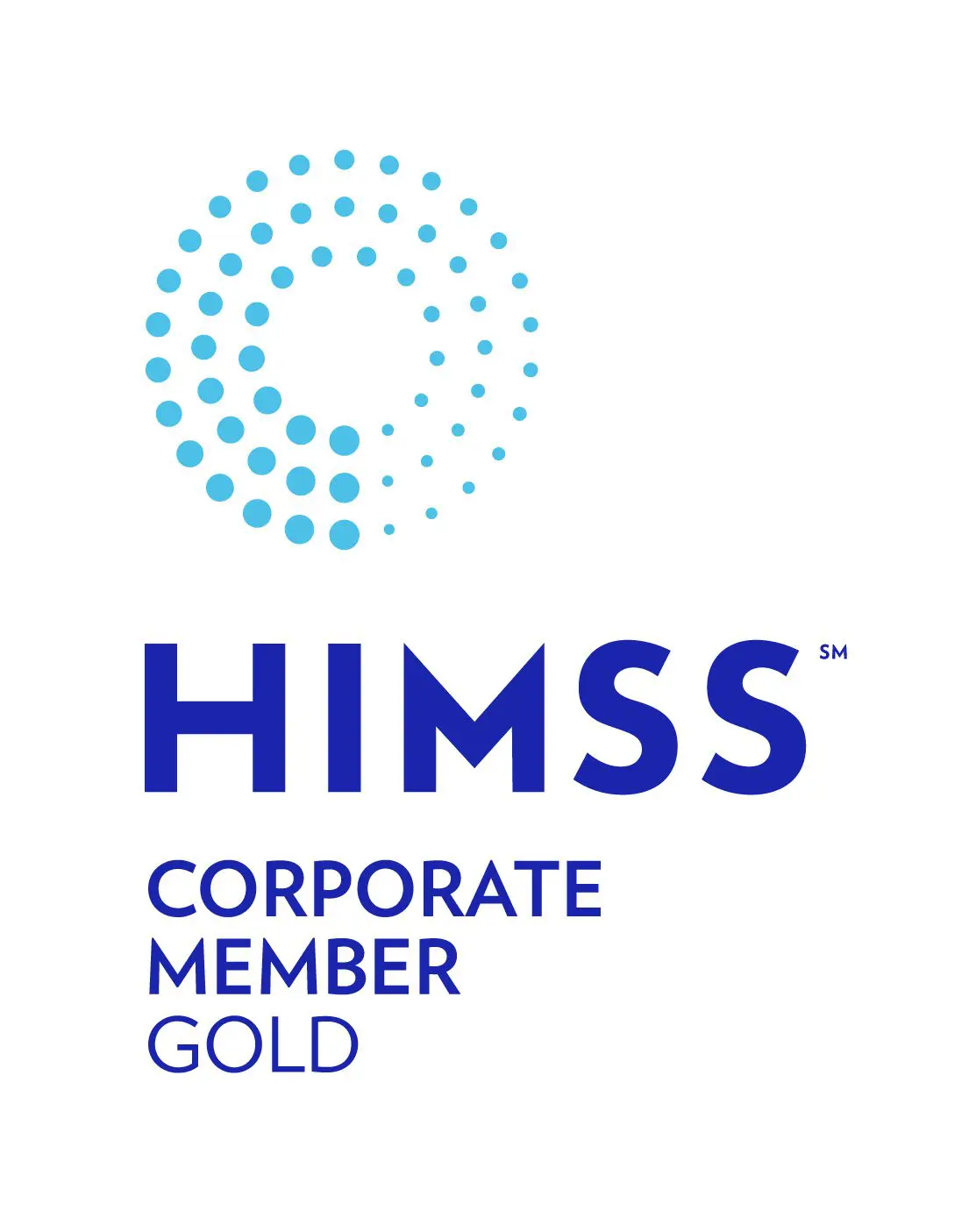Research
Comprehensive Data. Actionable Insights.
Access to consolidated legacy patient data, formerly stored in siloed EHR and laboratory systems, is vital for research programs. HealthData Archiver® provides teams with the full clinical narrative, all readily accessed and sorted within a single, secure, easy-to-use platform.
Why Choose Harmony Healthcare IT?
700+ Software Brands
We have experience with successfully extracting, migrating, and archiving data.
500+ Clients
Across the healthcare continuum trust our expertise in data management.
560+ Controls
Harmony Healthcare IT meets 560+ security controls to safeguard PHI.
KLAS Rated
Consistently ranked highly in the data archiving category.
HealthData Archiver® Key Advantages
Discrete Data Storage
Discrete data makes for easy searching. HealthData Archiver® stores long-term data—no matter the data source—as close to its native format as possible.
ODBC Reporting
Report, mine, analyze consolidated and independent data across archived source applications. Non-proprietary database views and schema allow seamless access to stored data using any ODBC-compliant analysis or reporting tool.
Interoperability
Export data in a wide variety of industry-standard formats and templates for sharing and interoperability using best practices. For example, data may be exported and shared to population health management applications, data warehouses, APIs, dashboard/visualization tools (i.e., Qlik, Tableau, Microsoft Power BI, SAP Business Objects, SYTRUE, etc.), HIEs, research teams, and more via forms including FHIR, CCD, HL7, JSON, CSV flat files, and others.
Database Reporting Access
Group, expand, or collapse data and document categories for optimal user display preferences. Quickly configure views to search across multiple data points with easy-to-use sorting and filtering. Search structured and unstructured data at any level of your archive to gather clear and concise results.
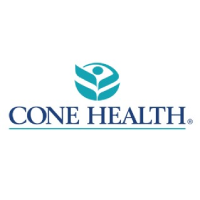
When a detective calls with a serial number from a hip implant screw from a decade earlier, and you are able to simply search four terabytes of legacy data to identify a body… Archiving can be a superhero.
Key Resources
Access resources on legacy data storage solutions designed to support researchers with secure, compliant, and efficient data access for meaningful insights.
Key Offerings
